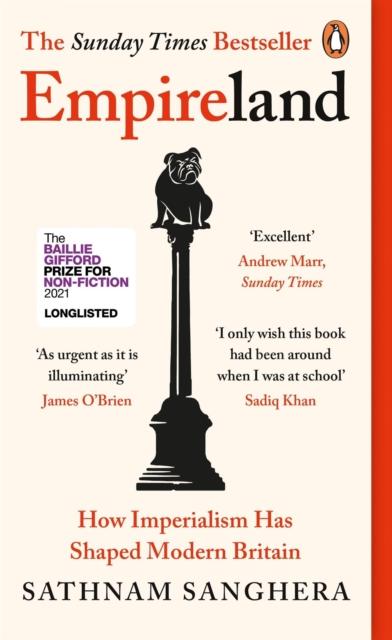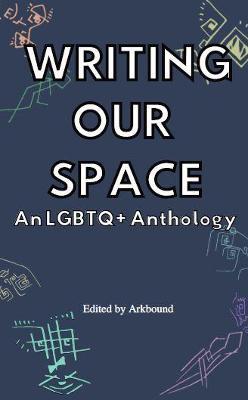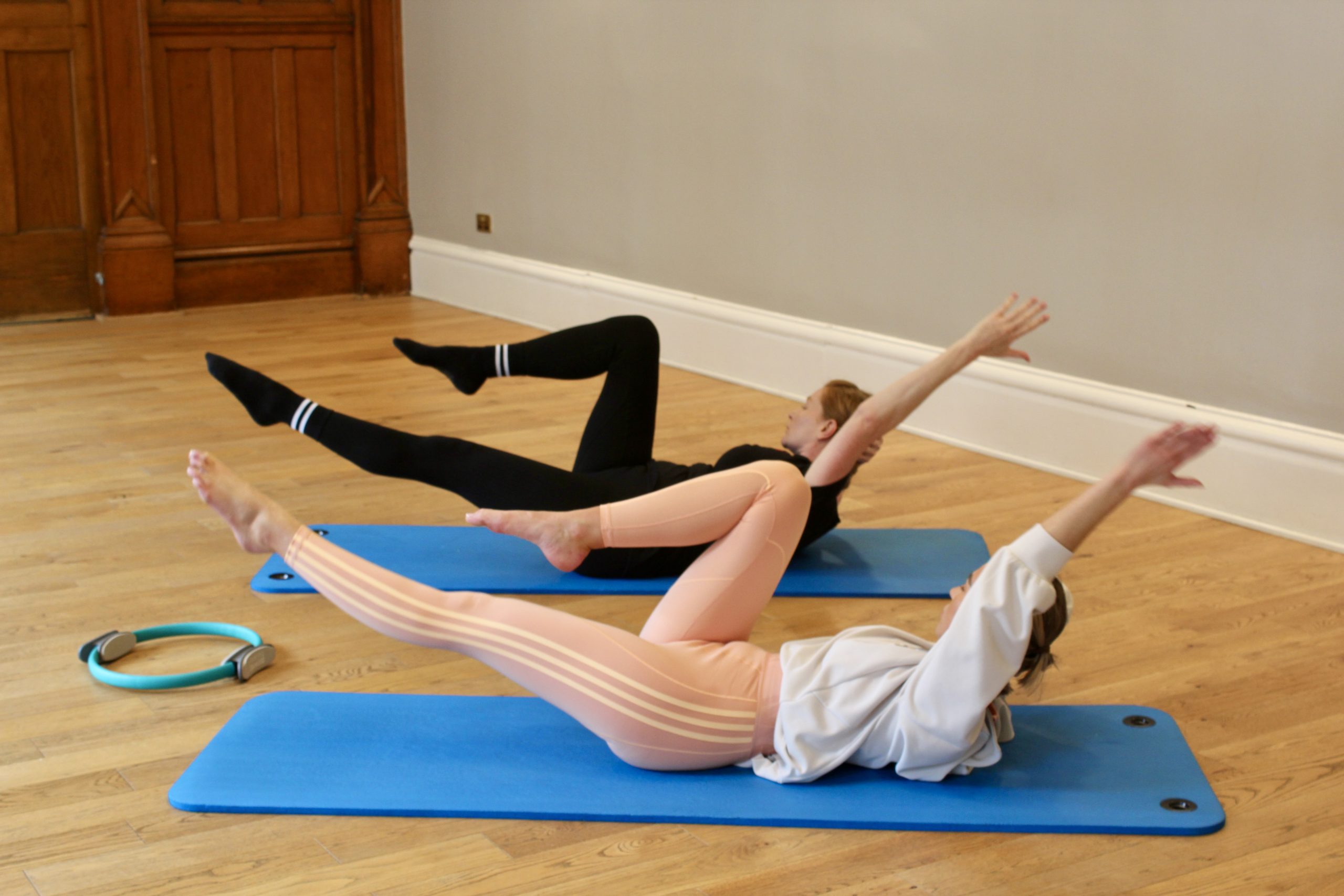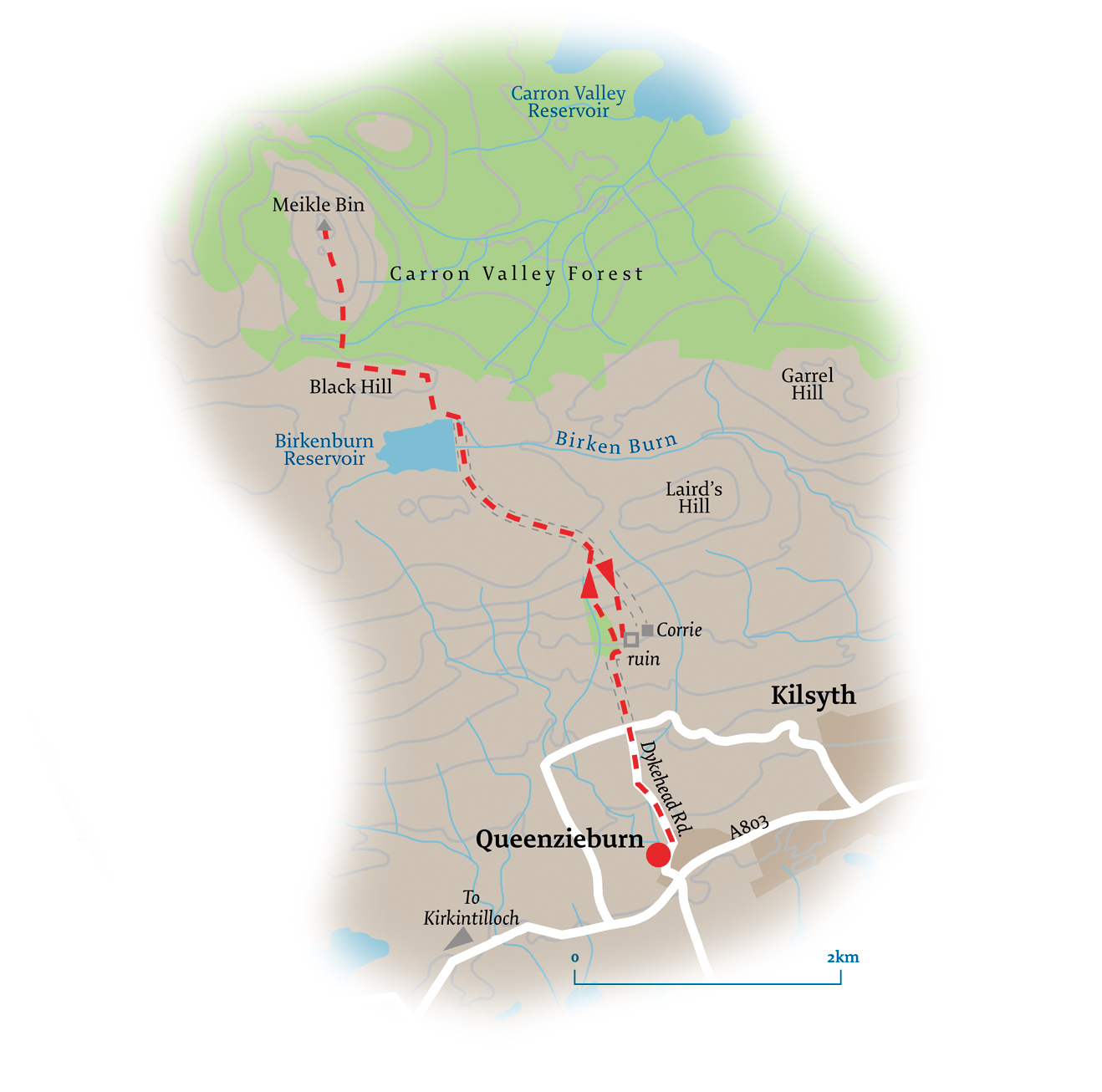Cover to Cover
A Westender Teacher’s Reading Guide – For Fun, No Essay Writing Required!
By Brian Toal

Hear No Evil by Sarah Smith
It is the early 19th century in Glasgow and a young woman is accused of throwing her baby off a bridge into the Clyde. No baby is found and the woman when questioned remains silent. It becomes apparent to the authorities that the woman is deaf and mute, and so they contact Robert Kinniburgh, a pioneering teacher from the Deaf and Dumb Institution in Edinburgh, in order to translate for the young woman and hopefully acquire her confession. First, though, she has to be deemed fit to stand trial, and this brings up all of the theories and half-baked notions about deaf people which were prevalent at the time. The judge eventually deems her mentally sound, and so Kinniburgh begins the laborious process of trying to get Jean’s side of the story.
What follows is a fascinating insight into the conditions of the poor, as well as the treatment of the deaf, Irish labourers and the stark differences in class which were typical of both Edinburgh and Glasgow in the early 1800s. It transpires that Jean came from Islay to live with an aunt and to seek work. However, circumstances conspired against her and she found herself living with a young son in squalor in the Saltmarket. She meets an Irish labourer – one of many who worked on the canals at the time – and becomes pregnant. How to feed another mouth with very little money coming in? What follows is a series of unfortunate events leading to the dramatic scene on the bridge.
This novel is based on a true story and at the time was a landmark case in Scottish legal history. Smith, a writer from Glasgow, assiduously researched her subject matter, contacting charities for the deaf, Scottish legal experts, historians from Islay and several deaf friends. All of this adds to the authenticity of the novel, which, while being based on a true legal proceeding, is largely fictional due to the paucity of historical evidence and context. Smith admits that much of the backstory she had to invent, as there was simply nothing in the records. I actually prefer novels based on history to historical non-fiction, as the characterisation and dramatisation of events helps to bring the account to life, leaving a more lasting impression, I feel. Kinniburgh was real, Jean Campbell was real, and the attitudes towards the deaf and signing were very different from today’s more enlightened approach. British Sign Language was in the very early stages of its development at the time, Kinniburgh’s predecessor at the school having been influential in its development. This is a fascinating story which gripped me from start to finish. I’d highly recommend it.

Empireland by Sathnam Sanghera
This fascinating book charts the origins, dominance and demise of the British Empire, which spanned the world and dominated trade for centuries. From an empire upon which the sun never set to an isolated island now cut off from our nearest neighbours, Sanghera unpicks the myths, jingoism and misguided patriotism which fuelled this project. The brutalities of the Raj, the slaughter of Indians, the inhumanity and greed of the slave trade are all charted in shocking detail, and the legacies of the empire laid out in flowing, enthralling prose.
Perhaps one of the most interesting aspects of this book is the legacy of empire. The author grew up in Wolverhampton, son of Punjabi immigrants, and as well as detailing his own experiences of racism in the 70s, he coherently and convincingly explains the reasons for racism in Britain. The attitudes of the British towards those they had colonised and their dominions was based largely on the notion of exceptionalism, that Britain is somehow special and superior, and so it’s no surprise that these attitudes still linger years after the last colony – Hong Kong – was relinquished. He also exposes many of the authors who have dealt with the British Empire, many of whom have glossed over the most horrific aspects of Britain’s role in suppression, slaughter and slavery. He argues in his conclusion that ‘we must confront this shared past if we are ever to understand who we are as a nation.’ I couldn’t agree more.

Writing Our Own Space Edited By Arkbound
‘In this space, nothing else exists, under the armour of the duvet we are invisible and filled with our significance. In this space no-one names me, no one genders my body or my voice.’ Writing Our Space is a collection of personal essays, short stories, poems and scripts by members of the LGBTQ+ community, some of whom are published authors and some of whom are not. The quality of the writing varies but what struck me most about all of the entries, whether polished or not, was that there was always something – a phrase, an idea, an emotion, a confession – which really left a lasting impression.
We are given very intimate access into modern queerness, from stories of coming out and all the anxiety and stress that can cause, to first love, gender reassignment and the bureaucracy that entails, to labels and stereotyping. In fact, it was the latter account which probably struck me the most. A young woman married to a man explores the lazy assumptions of friends and neighbours who assume she is straight. This account gets to the heart of what it is to be queer. Only you know what you are, who you are and how you feel. Labels are not only unhelpful and often damaging, they can also often be wide of the mark. Outward appearances often mean nothing. If you’ve met one queer person, then you’ve met one queer person. This is a fascinating anthology which you’ll enjoy and should be in every library.
Book review Westender Magazine Cover to Cover, a regular round up of the very best reads.
Books are available from Waterstones, Byres Road
Return to Culture and Arts












